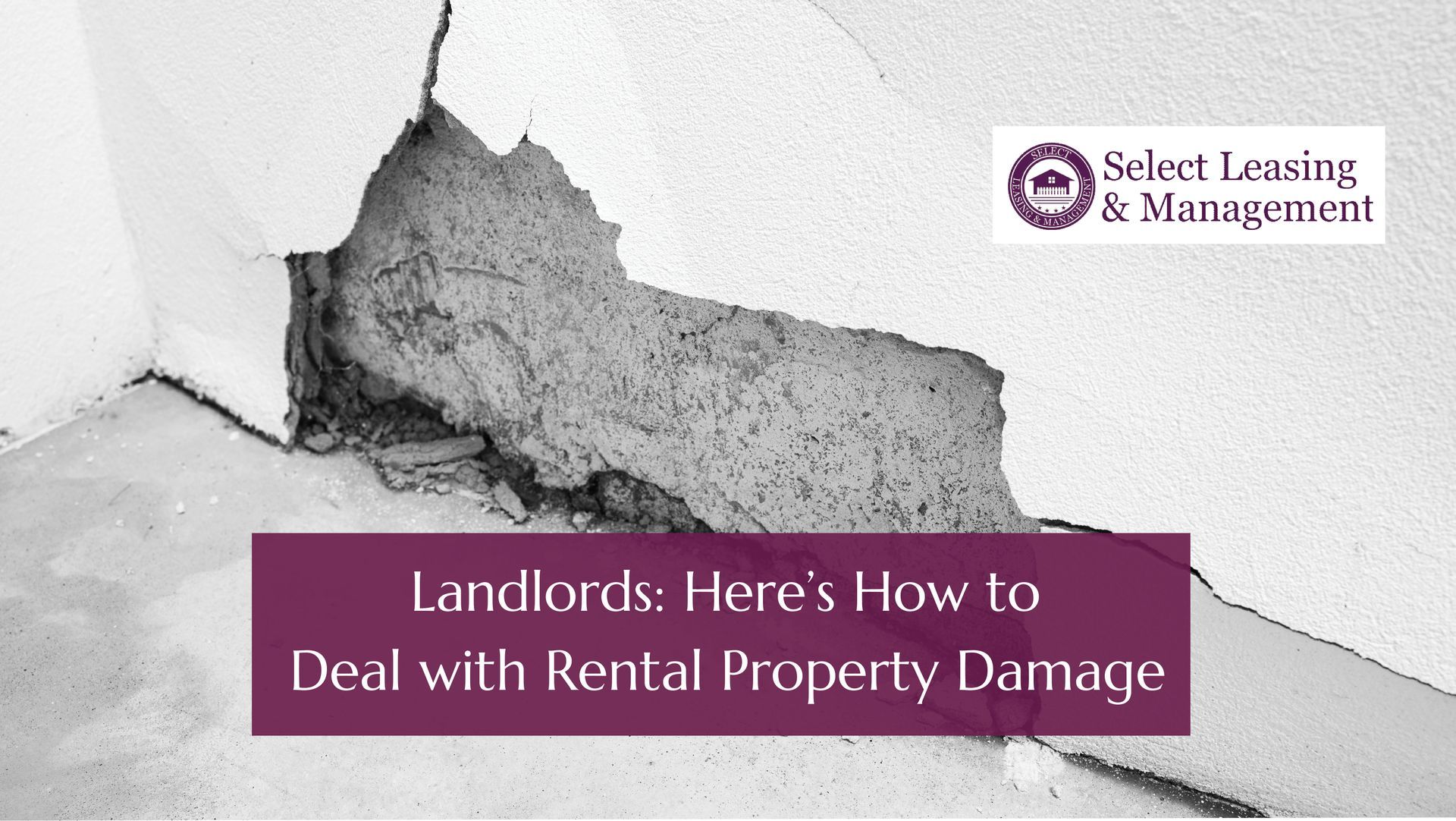The price of almost everything has risen dramatically in recent years, and rent is no exception. In fact, the price of rent has been increasing faster than the price of buying a home. According to the
Census Bureau’s 2023 American Community Survey (ACS), the cost of rent plus the average monthly cost of utilities and fuels grew by 3.8% annually, while median home values increased 1.8%.
These recent rental price increases, along with current financial burdens on the average renter, might leave some landlords uncertain about how much to actually charge for rent. After all, landlords are experiencing increased financial burdens, too. So, how can a landlord maximize their profit while still pricing rental property fairly in today’s market?
What to Charge for Rent: Too Much vs. Too Little
Determining What a Rental Property is Worth
Typically, the first step to determining what to charge for rent is adding up what the property is worth. Property owners that bought their property very recently may already have a good idea of the value, but those that have owned their property for a while and are looking to
increase rental prices to better match the market have a few ways to help determine their property value.
Calculating Property Expenses
This is paragraph text. Click it or hit the Manage Text button to change the font, color, size, format, and more. To set up site-wide paragraph and title styles, go to Site Theme.
Assessing the Local Market
Rent prices for similar properties can vary wildly across the area. A one-bedroom apartment in a modern building with average amenities might be priced at $800 a month in a smaller town and $2500 a month in a busy city. St. Louis, for example, is somewhere in the middle and had an average effective rent of $1244 in the last quarter of 2024,
according to the MMG 2025 St. Louis Forecast report. However, rent prices are affected by many factors such as the exact neighborhood and the amenities the property offers. So, it’s important to check out the prices of
similar
rentals where the property is located.
Many sources are available online that allow users to browse through listings and filter results by rental type (apartment, house, condo, etc.), number of bedrooms and bathrooms, and amenities. Other rentals with similar criteria will give an idea of what potential renters are willing to pay.
Special Features
Looking at similar listings can also give landlords a better idea of what features are common in similar apartments and what features are more unique. If a rental has desirable features, like gym access, proximity to parks, balconies, etc., this can allow for a slightly higher than average rent.
Certain renovations, like updated kitchens, can also warrant a higher-than-average rent.
Pricing a Rental Property Fairly
After a property owner has a better idea of property’s value and their own expenses, it is easier to pin down an appropriate rent price. That said, there are a few other things to consider:
1% Rule
According to the 1% rule, a rental property’s income should be at least 1% of the property's purchase price. Of course, this is not a hard rule that all landlords must abide by, but it can give a rough estimate of a fair price.
For example, a landlord renting out a house purchased for $250,000 would charge:
$250,000 x .01 = $2,500 for rent.
However, if the house was purchased 20 years ago, it is worth much more now, so the current value should be considered. This is when it makes sense to use an online valuation tool such as the one on
Realtor.com, or to hire an appraiser. It is also important to compare this price to the expenses calculated in the previous section to ensure there is still a profit. If this 1% value is less than the average rent in the area and the property is in good condition, increasing the rent might be a good idea.
Rent Control Laws
Some states, cities, or counties have laws in place to protect renters from high prices. This can act as a cap on how much to charge for rent. This is more likely to be a concern in high rent, low-inventory cities, like New York City or San Francisco. There are currently no laws concerning rent control in St. Louis and there are no state-level rent control laws in Missouri. However, it’s always best to check for any updates to rent control in any area before determining how much to charge for rent.
How a Property Management Company Can Help













